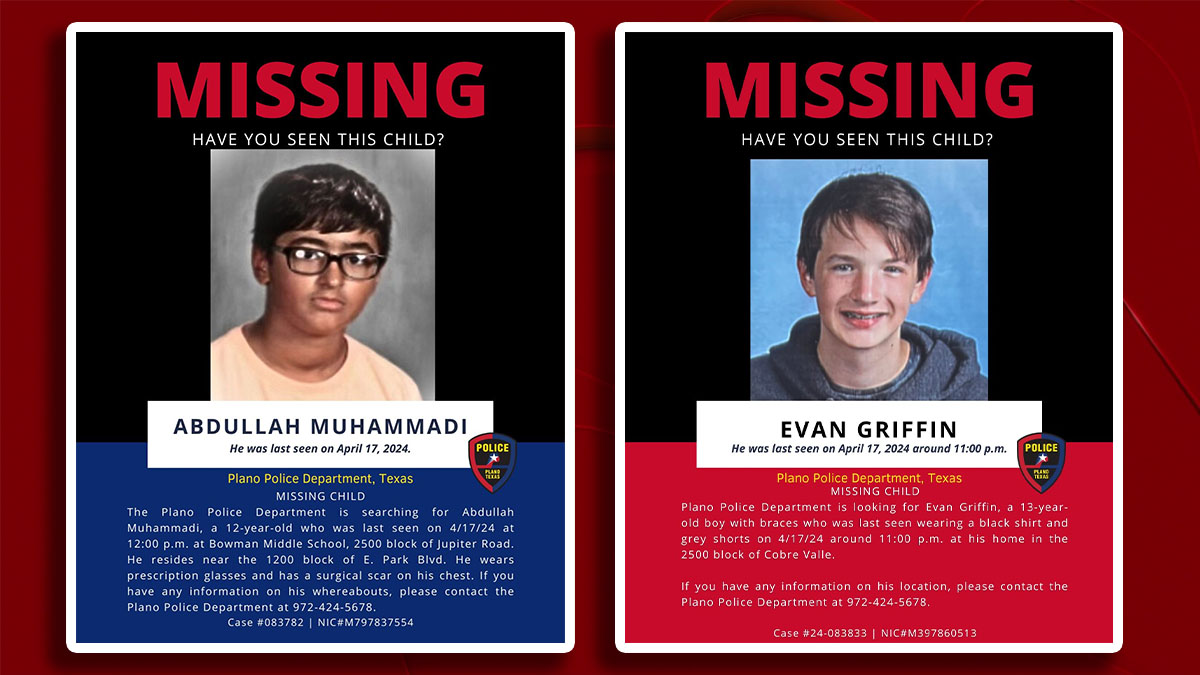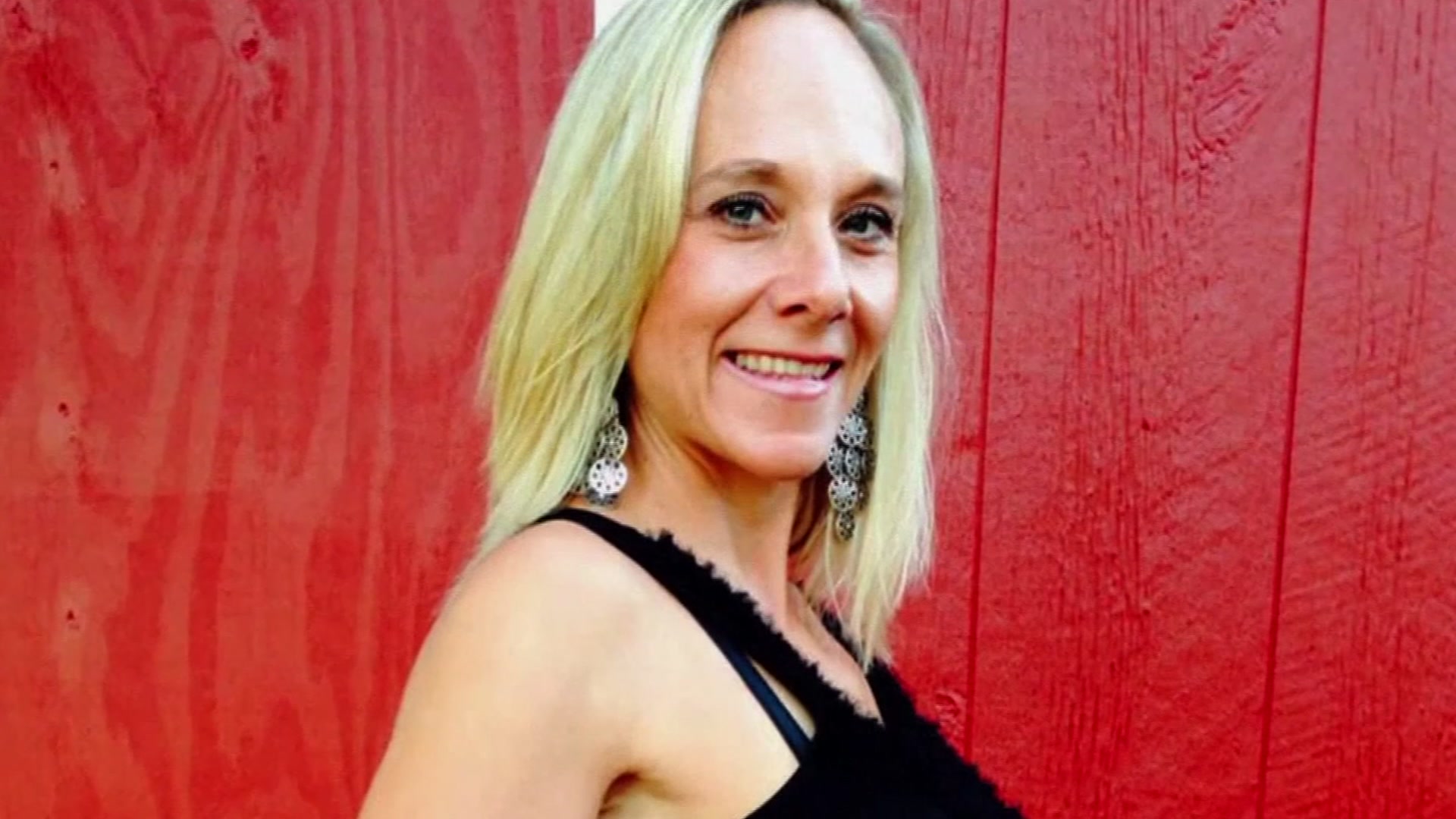President Donald Trump signed an executive order Tuesday launching a White House initiative to improve the country's 104 historically black colleges and universities.
The goal of the White House Initiative to Promote Excellence and Innovation at Historically Black Colleges and Universities is to raise enrollment, increase funding (both public and private) and improve the relationship between the federal government and HBCUs.
Trump signed the order surrounded by dozens of presidents from the country's 104 HBCUs. Three days later some of those same presidents are criticizing the plan, calling it long on promises and short of details.
"There's nothing in that executive order that speaks explicitly to transformational revenue or funding that can make a difference in these institutions," said Michael Sorrell, president of Paul Quinn College in Dallas.
Sorrell was not in the Oval Office for the signing, choosing instead to meet with a bipartisan congressional delegation the following day. Conversations he's had with fellow HBCU presidents who were there sound similar.
"They went with the belief that there was going to be an opportunity for something substantive to occur and that didn't," Sorrell said. "What they were hoping for was a discussion of year-round Pell Grants. They were hoping for a discussion about full funding for Title III. They were led to believe that certain things were going to occur. Those things did not occur. So, at this point, I think we're back at square one."
Trump's order revokes a similar order signed by President Barack Obama. The biggest difference between the two actions is that the White House is now in charge of the initiative and not the U.S. Department Education.
Local
The latest news from around North Texas.
Instead, the Department of Education will work with agencies who deal directly with HBCUs to create annual plans to strengthen the ability of HBCUs to participate in federal programs and initiatives.
"Many institutions receive millions and millions of dollars a year in federal funding from (these) agencies. It's always been more difficult for historically black colleges to access that pool of money," Sorrell said.
More than 80-percent of Paul Quinn students qualify for Pell Grants, which is funding provided to the most financially strapped students. Sorrell said making those federal dollars available in the summer can have a major impact on a student's future.
"If our students could go to school in the summer and the funding was there they could graduate earlier, borrow less money, and get on with the rest of their lives," Sorrell said.
Despite his reservations about the Trump administration, Sorrell said HBCUs can make progress under this president. What that progress looks like remains to be seen.
"People like Donald Trump don't respect weakness, they respect strength. Any time you negotiate from a position of weakness you're going to lose, so I think what progress looks like is the ability to command respect," Sorrell said.



